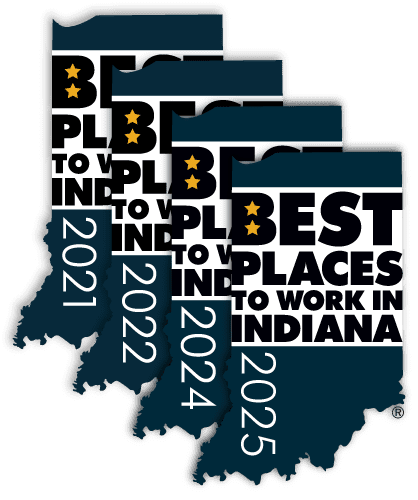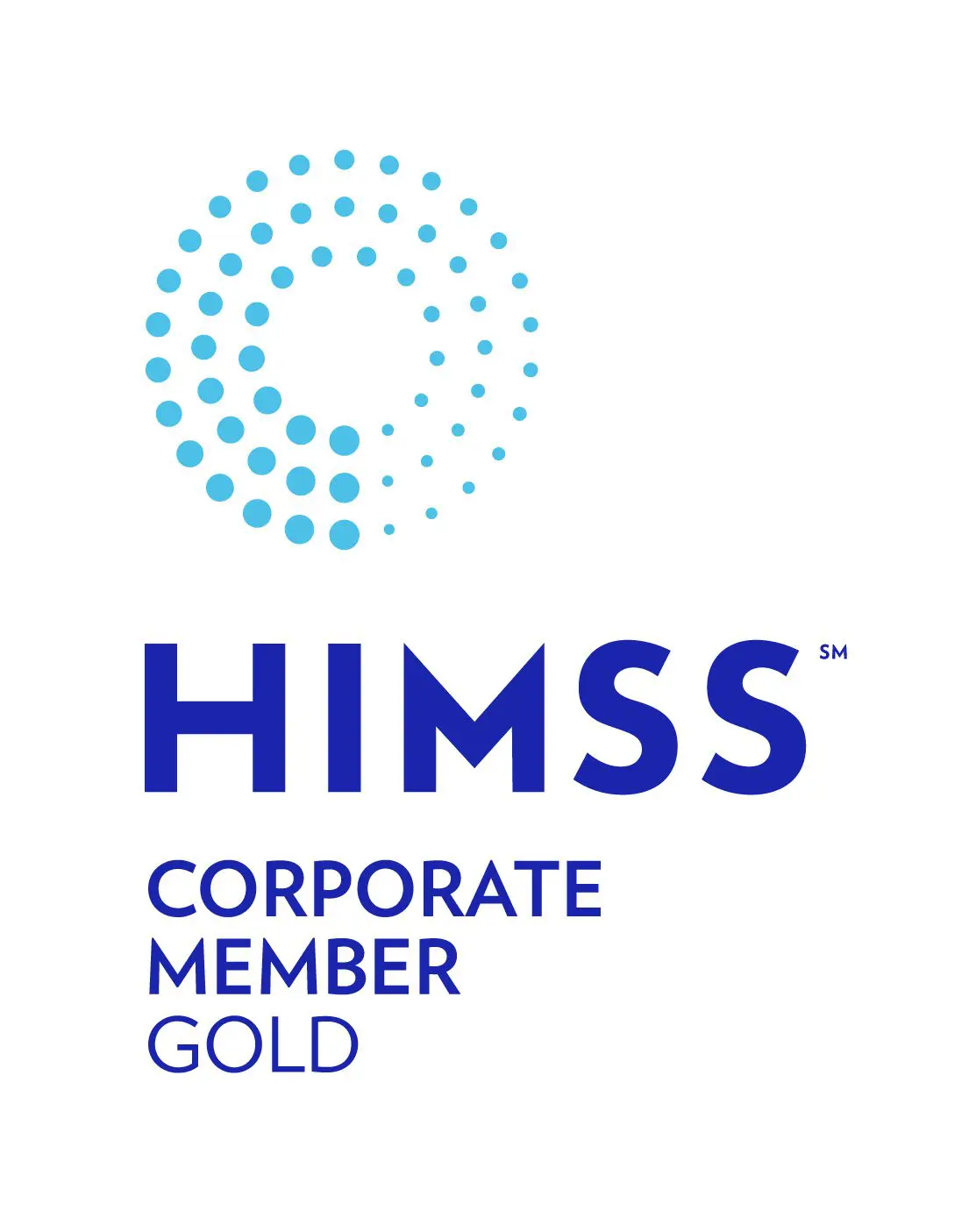
Hospital closures have become a steady trend in healthcare. Not surprisingly, the impact seems to be lying squarely on the proverbial shoulders of rural healthcare. Of the estimated 6,000 acute hospitals in the U.S., about 1/3 are considered rural with at least 200 of those considered to be at immediate risk of closing. Although rural hospitals are critical to their communities, they’re often hit the hardest regarding cuts to reimbursement, lower patient volumes and overall financial struggles, leaving them more prone to closure.
While rural hospitals are victims of the perfect storm of declining rural economies, shrinking populations, labor shortages and increasing costs, there are some rural providers that won’t go down without a fight. Such is the case with a rural hospital in Bowie, Texas that after closing twice is reopening with a partnership with a hospital system in Jacksboro, about 30 miles away. The revived Bowie Memorial Hospital will offer 24-hour emergency and observation services which will help local residents avoid needing to go to other towns for urgent care. As Texas is described as the center of the rural hospital crisis, with 26 temporary or permanent closures since 2019, there is hope as other hospitals across the state or considering changing their business models to rescue other failing hospitals.
Meanwhile, solo and small medical practices aren’t without their challenges. They combat new retail-based clinics, patients bypassing their primary doctor to go directly to a specialist or see a physician’s assistant or nurse practitioner, and big hospital groups that are aggressively opening their own urgent care centers. This kind of competitive landscape has led to a 18% steady decline over a four-year period for primary-care physician office visits by adults under 65. Unfortunately, statistics like this continue to make a good argument for single and small practices to sell out and fold their practice into a hospital network.
What happens to health and other business records with a hospital or medical practice closure or acquisition?
If your hospital or practice is at risk of closing its doors, or is being acquired, it’s time to develop or refine your record retention strategy. This entails putting a plan into action for securing electronic records long-term. While this certainly includes protected health information for patients, as dictated by the organization’s medical record retention policy, it also includes other business and employee information like general ledger, accounting and HR record retention.
In terms of medical records management, AHIMA has guidance for what to do with medical records for healthcare providers who are working through plans to close or to acquire a new entity. This includes a recommendation that: If records are not transferred to another healthcare provider, records may be archived with a reputable commercial storage firm.
Our team at Harmony Healthcare IT is uniquely qualified to provide long term record archiving and release of information services. Our broad experience with more than 550 clinical and financial software brands supports our ability to securely manage the future release of information of clinical, financial and business records.
Other important considerations for hospitals or medical practices that are closing or changing ownership include legal and compliance obligations, as well as state regulatory requirements as published by the National Organization of State Offices of Rural Health (NOSOH). Additionally, the American Health Information Management Association (AHIMA) offers a resource specifically addressing state laws, regulations, or guidelines around protecting patient information after a facility closure. For medical practices, a full checklist for closing your practice is available as well.
Not having access to medical records after a facility closing can be a life or death situation for patients. If your practice or healthcare organization is susceptible to closure, let us help you protect patients’ clinical histories.
Harmony Healthcare IT can help you develop a comprehensive legacy data management plan that includes a provision for future records release services. Contact us to learn how HealthData Archiver®, with its rich release-of-information workflows, can help safeguard and deliver your patients’ data today and in the future.
Updated from the original blog published on Aug 22 2019






